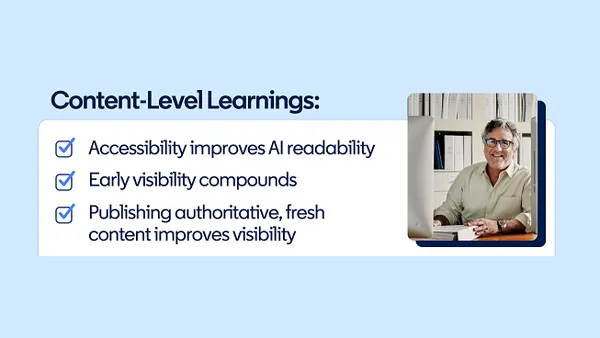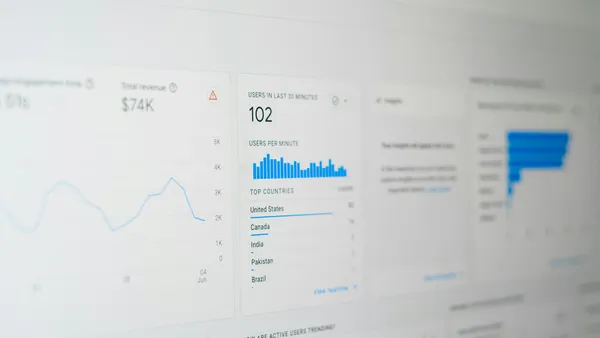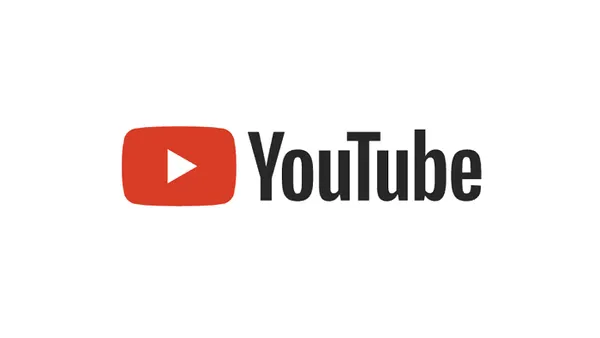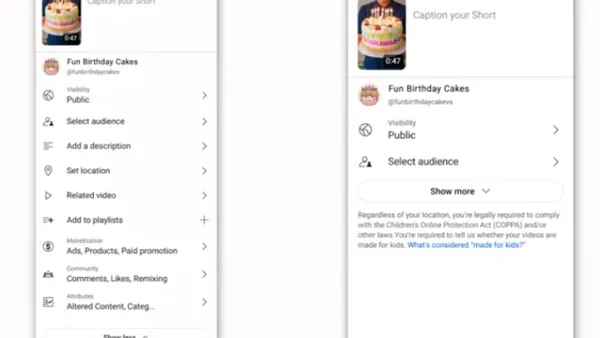Even though "influencer marketing" is a relatively new marketing buzzword, the overall concept of tapping into a network of influential people to help promote a message, product or event has been around for a long time. So what's with all the attention influencer marketing is getting now?
Here's a couple reasons, in my opinion:
- Influencers are no longer a small, exclusive club. While celebrities and journalists of course still have the power to influence, the gates have opened to include anyone who's able to use social media and publishing platforms to generate a large and engaged audience.
- It's never been easier to build your network online. I think LinkedIn's the biggie here, and they keep adding functionality that makes it easier to connect and communicate with people in your network - or get introduced to those who you want to meet. I also love how Twitter introduced the ability to write longer direct messages.
- Brands need a new way to connect with buyers. Engagement on display ads continues to decline and it's becoming increasingly expensive to do paid search, especially on competitive keywords. Brands are looking to connect with buyers in another way... and on a more personal, emotional level.
- The value of building a personal brand is better understood. I think influencers have a better sense of the "what's in it for me" than they did in years past. They get the value of building valuable inbound links to their blog. They understand that creating a halo of content and buzz around their name either helps to promote their own business, or positions them as desirable to future employers.
Google Trends doesn't lie.. check out how "influencer marketing" has skyrocketed as a search term in the past six months or so.

Influencer marketing is popular with B2B and B2C marketers alike, but there's a few important differences to note.
For B2C marketers, I think the purpose of influencer marketing typically comes down to selling a product. For example, my favorite mommy blogger just did a cooking post using a couple baking tools made by OXO (which I'm sure were given to her by the company). Ok, if she's using that product and making delicious muffins for her child.. I must have it.
In the B2B space, I think there's more subtlety. Buying decisions are more considered and complex. From my experience doing B2B marketing, I think there are two main benefits of engaging influencers. The first is content amplification, which means getting more eyeballs - and the right eyeballs - on your content, which you then ultimately drive toward a conversion. The second is more around brand building - how can you build credibility by association and foster the perception that your company is bigger and more elite than it might actually be (aka larger than life)?
So, for all you B2B marketers out there who want to hop on the influencer marketing train, here are five ideas to borrow and make your own:
1) SlideShare Quote Compilation
This is something that you can execute on fairly quickly, either by asking influencers to respond to a particular question or drawing out insights from influencers who spoke at an event. Just give them a heads-up that you'll be republishing their comments. Another option is to pull quotes out of content that's already been published publicly, and run with it. Here's some examples from Contently and Hubspot.
2) eBook Expert Q&A
Including influencers Q&As or quotes in eBooks is a great way to break up the text, keep the reader engaged and build credibility. When I see that an eBook includes perspective from experts outside the company, it immediately makes me trust and value the content of that asset. Here's some examples from Adroll and Kapost:


3) Webinar Roundtable
Webinars are often staffed by employees on the marketing and product side. Which is all good, but, if you're a B2B company doing multiple webinars a month, why not spice things up? Here's an example of one that we did at Invoca and a SlideShare that we developed based on the webinar content.

4) Crowdsourced Blog Post
Come up with a blog topic or question that is broad enough, yet still relevant to your business, and solicit input from experts in your field. Have them share the post when it goes live for adding promotion. Better yet, invite influencers to a tweet chat and then re-purpose the conversation for a blog post.
Here are a couple examples.
5) Video Series Featuring Influencers
Okay, so this one might not be so "simple", but video is an incredibly important medium to explore as a content marketer, especially with new tools like Vidyard and Brightcove that integrate with your marketing automation platform and give you meaningful metrics around engagement and conversion. Trading Eights from LinkedIn Marketing Solutions is a fantastic example of a video series featuring influencers that was put together on a small budget. Check out this blog post where Jason Miller explains his process for creating the series.
Here's a preview:
If you have other ideas or examples of influencer marketing, I would love to hear your thoughts in the comments.









